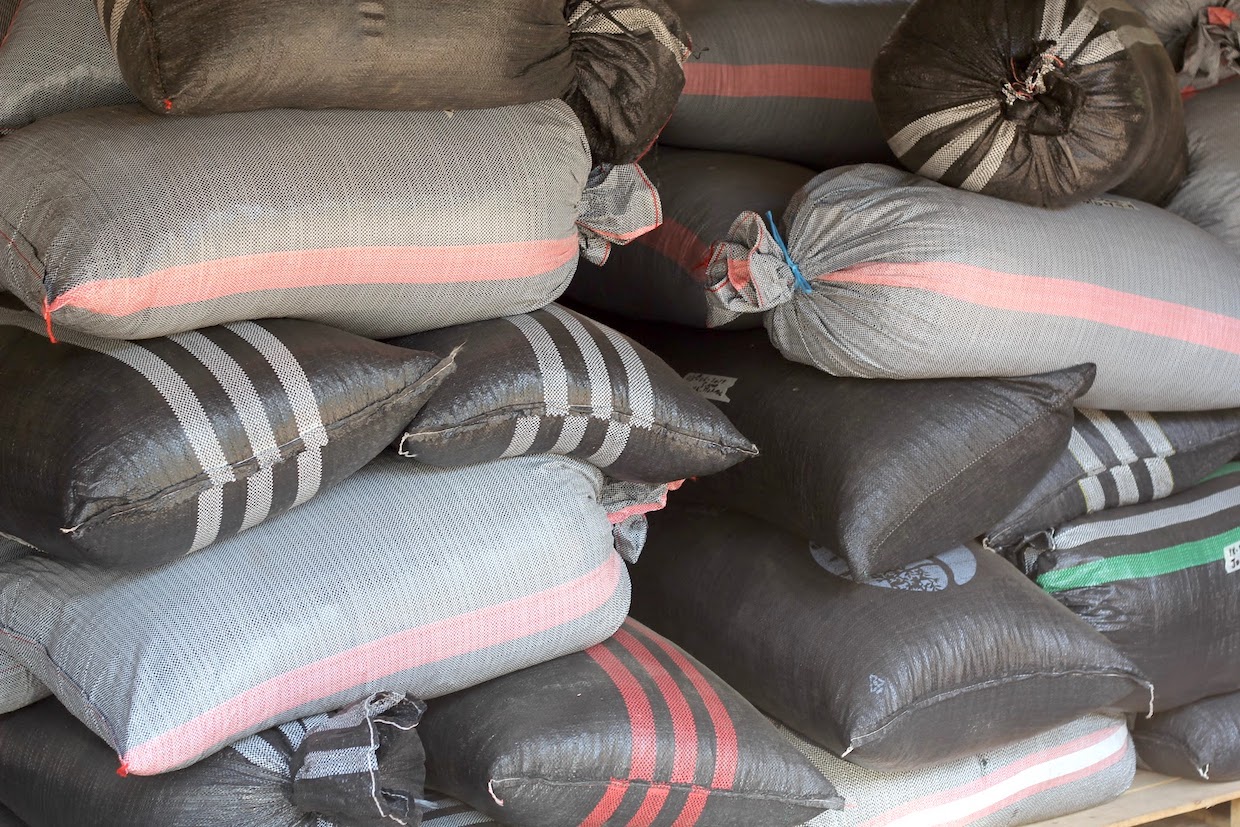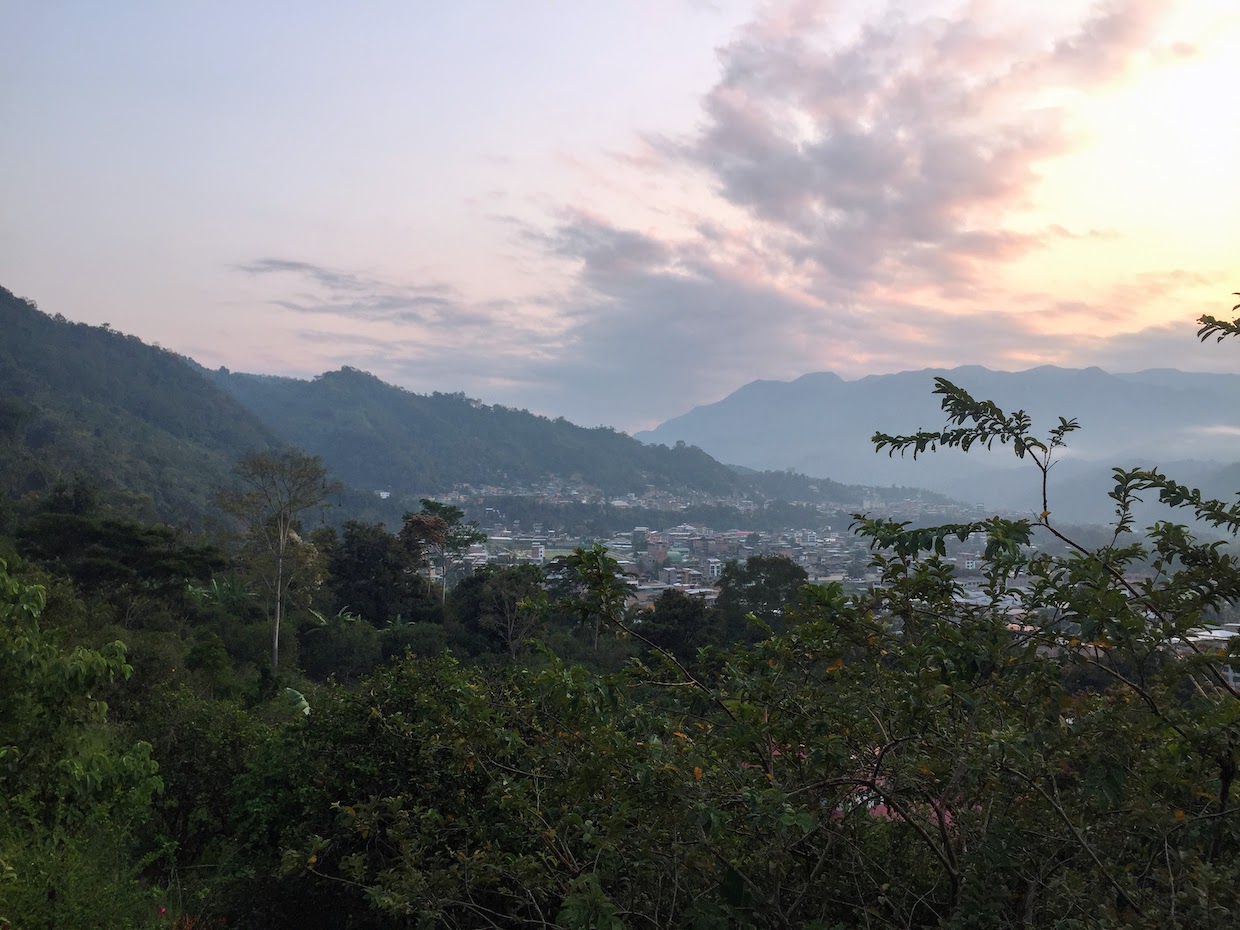The United States Agency for International Development (USAID) and global food ingredients business Ofi (styled “ofi” by the company) have joined to create an $8.1 million fund for investments into the Peruvian coffee sector.
According to Ofi, which is part of the multinational Olam Group, the investment will fund activities related to extension services, infrastructure, certifications, increased production, quality improvements and access to premium green coffee markets.
The fund is expected to benefit approximately 1,000 smallholder coffee farmers in the central Peruvian growing region of Junín over a five-year program period. The partnership is part of USAID’s broader Alternative Development Program focused on Peru.
“This partnership with USAID allows us to upskill [sic.] more farmers to produce higher quality beans that will qualify for specialty markets, where prices are higher and more stable,” Ofi Senior Vice President of Prashant Jalan said in announcement of the funding partnership. “We rely on structured collaboration to scale up our impact and for roasters and other customers, it offers an opportunity to engage with partners on the ground to help drive their own sustainability agendas.”
One of the destinations for some of the Junín-grown coffees is likely to be Covoya, the U.S.- and UK-based subsidiary of Ofi focused on the specialty green coffee market. [Note: Covoya currently has an advertising relationship with Roast/Daily Coffee News].
According to USAID, one of the project’s core focuses will be helping smallholder farmers reach premium markets through quality improvements and sustainable certifications.
Throughout the South American country’s growing regions, including Junín, coffee is often grown organically although it may not bear the certification mark. Cultivation of the cash crop has also been promoted by numerous private and public agencies over the years as an alternative to coca farming.
Said USAID’s Jene Thomas, “By helping these farmers qualify for organic and sustainable certifications to facilitate their entry into premium markets, the partnership will enable them to remain competitive despite international price volatility, thus increasing their incomes and motivating them to continue to pursue licit livelihoods.”
According to the USDA Global Agriculture Information Network, Peru is expected to produce the equivalent of approximately 4.2 million 60-kilo bags of arabica coffee in the 2022/23 year, making the country the fifth-largest arabica producer in the world after Brazil, Colombia, Ethiopia and Honduras.
Does your coffee business have news to share? Let DCN’s editors know here.








Comment